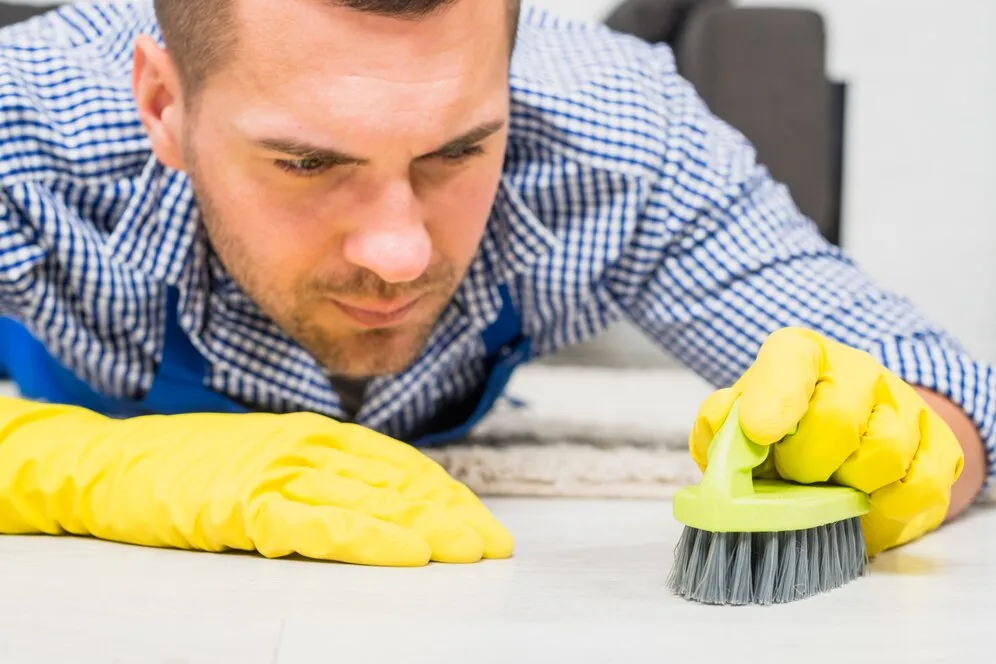Countertops are one of the most used surfaces in any kitchen or bathroom. Whether you’ve installed granite, quartz, marble, or laminate, proper cleaning and maintenance ensure they stay beautiful, functional, and bacteria-free for years.
This guide offers practical, surface-specific tips on cleaning and protecting your countertops—tailored to help homeowners make informed decisions while also supporting service providers in showcasing expertise.
Why Regular Countertop Cleaning Matters
Ignoring routine countertop care can lead to:
Bacterial buildup, especially in kitchens
Permanent stains or etching due to spills
Early wear and tear, reducing property value
A dull or unpolished look, even with premium materials
Regular cleaning not only maintains hygiene but also extends the surface’s life—making it a smart long-term investment.
General Maintenance Tips for All Countertops
No matter the material, follow these basic steps for daily upkeep:
Wipe spills immediately using a microfiber cloth
Use pH-neutral or mild dish soap—avoid harsh chemicals
Dry the surface completely to prevent water spots
Avoid abrasive pads that can scratch the finish
Use coasters and cutting boards for added protection
Surface-Specific Cleaning Methods
Each countertop material has its own cleaning protocol. Here’s a breakdown of what works best—and what to avoid.
Granite Countertops
Use a soft cloth with warm water and mild dish soap
Avoid acidic cleaners like vinegar or lemon
Apply granite-specific sealant every 6–12 months
Don’t cut directly—always use a board to avoid scratches

Quartz Countertops
Extremely low-maintenance and non-porous
Wipe with water and a gentle cleaner
Avoid bleach and high-alkaline cleaners
Don’t expose to direct heat—use trivets
Marble Countertops
Highly sensitive to acidic substances (e.g., wine, citrus)
Clean using a marble-specific pH-neutral cleaner
Use a microfiber cloth and avoid scrubbing
Re-seal every 6–12 months to prevent etching
Laminate & Butcher Block
Laminate:
Use water and mild detergent
Avoid excess moisture at seams
Don’t use abrasive brushes
Butcher Block:
Wipe daily with a damp cloth
Disinfect using a mix of vinegar and water
Oil monthly with food-grade mineral oil to prevent drying or cracking
Mistakes to Avoid When Cleaning Countertops
Avoiding these common mistakes can help preserve your surface:
Using harsh chemicals or bleach (especially on natural stone)
Scrubbing with steel wool or abrasive pads
Ignoring stains and letting them set
Skipping sealing for porous surfaces
Leaving wet cloths or sponges on top for extended periods
Pro Tips to Prolong the Life of Your Countertops
Install and use cutting boards, trivets, and coasters
Clean up spills, especially acidic ones, immediately
Avoid standing or sitting on the surface
Perform monthly deep cleans and seasonal inspections
Re-seal when water stops beading on granite/marble surfaces
Conclusion
Countertop maintenance doesn’t have to be complicated. With the right cleaning practices and products, you can extend the life of your surface and retain its shine for years.
If you’re a homeowner looking for professional countertop services—whether it’s sealing, refinishing, or deep cleaning—our team is here to help. We offer tailored care based on your countertop type and condition.
FAQs About How to Maintain and Clean Your Countertops
1. What is the best way to clean kitchen countertops?
Use a mild dish soap and warm water with a soft cloth or sponge to clean most kitchen countertops daily.
2. How often should I seal my granite countertops?
Granite countertops should typically be sealed once every 1 to 2 years, depending on usage and the type of sealant.
3. Can I use vinegar to clean all types of countertops?
No, avoid using vinegar on natural stone surfaces like granite or marble as it can damage the sealant and surface.
4. What products should I avoid when cleaning countertops?
Avoid abrasive cleaners, bleach, and acidic products like lemon or vinegar on delicate countertop materials.
